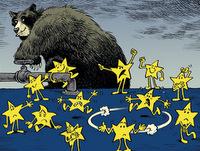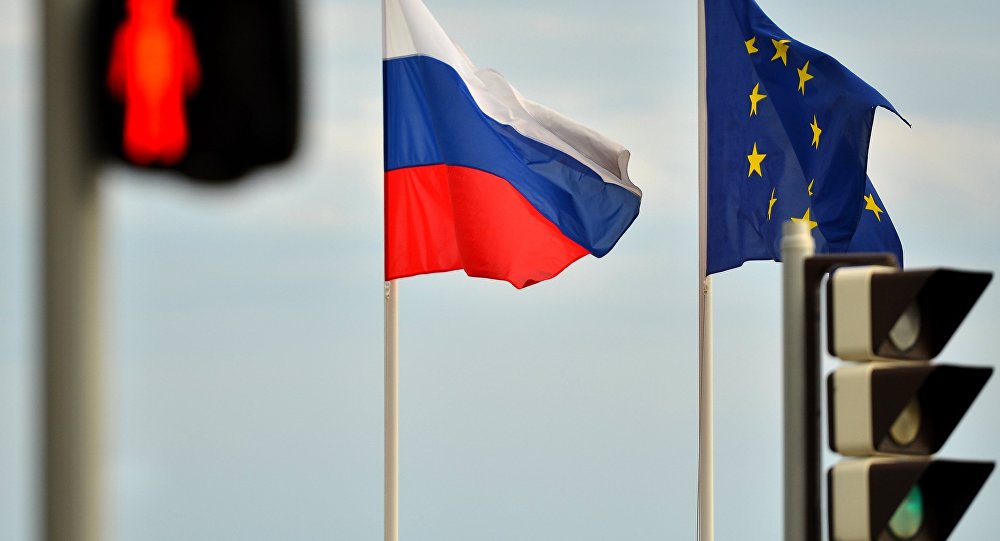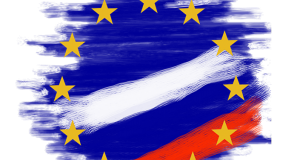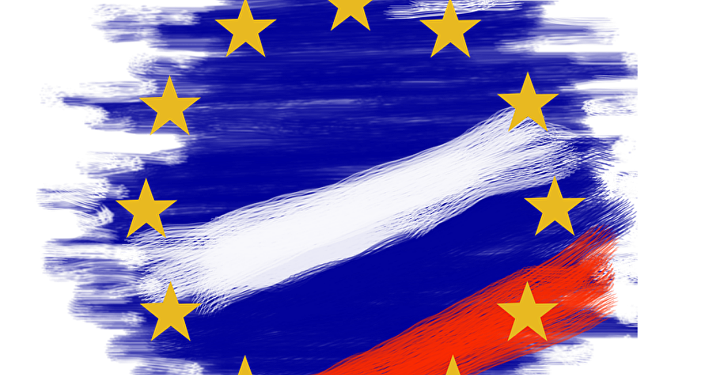European anti-Russian sanctions have been ineffective, especially as an attempt to make the Russian government change its policy, according to Grzegorz Kolodko, former Polish deputy prime minister and finance minister.
He underscored that economic sanctions against Moscow are part of a political game.
Earlier this week, the European Union officially extended economic restrictions against Russia by six months, until July 31, 2017. At a summit in Brussels on December 15, the leaders of EU member countries adopted a political decision to extend the anti-Russian sanctions, which were initially introduced in 2014.
“From the very beginning I was an opponent to sanctions because I know Russia well and I understand geopolitics. If Western sanctions were aimed to change Moscow’s policy towards Crimea and Ukraine, they have failed,” Kolodko told reporters
Despite the extension of sanctions by Brussels, the unanimity on the issue within the bloc has recently been eroding. While most politicians in Spain, Greece, Austria, Hungary and Italy would like to abolish the restrictive measures, leaders in Germany and France, as well as top figures in some Baltic states, consistently express support for the actions.
A growing number of Europeans see the negative effects sanctions have already had on political and economic ties between Europe and Russia.
For example, recently French far-right presidential candidate Marine Le Pen said she wanted to life European sanctions against Russia.
“I want to lift these sanctions. At least, the ones that relate to France. I always thought they were unfair and totally ineffective, even counterproductive,” Le Pen says
According to Kolodko, sanctions are only contributing to the “rising anti-Western sentiments” in the Russian establishment and among ordinary people, while the Kremlin’s policy stays unchanged.
“I believe that a much more productive approach would be holding talks, meetings and discussions in which all interested parties could use arguments without resorting to force,” he suggested.
The politician underscored that sanctions are always an attempt to influence the opponent by force – economic, rather than military.
“The majority of examples from around the world prove that sanctions never generate the wanted results. The same is happening to Western sanctions against Russia,” he added.
Russia has been targeted by several rounds of sanctions inflicted by Brussels, Washington and their allies in light of Crimea’s reunification with Russia in 2014 and on the pretext of Moscow’s alleged involvement in the Donbass conflict, a claim that Russia has repeatedly refuted.
Read more: https://sputniknews.com/politics/201612231048904896-eu-russia-sanctions/


